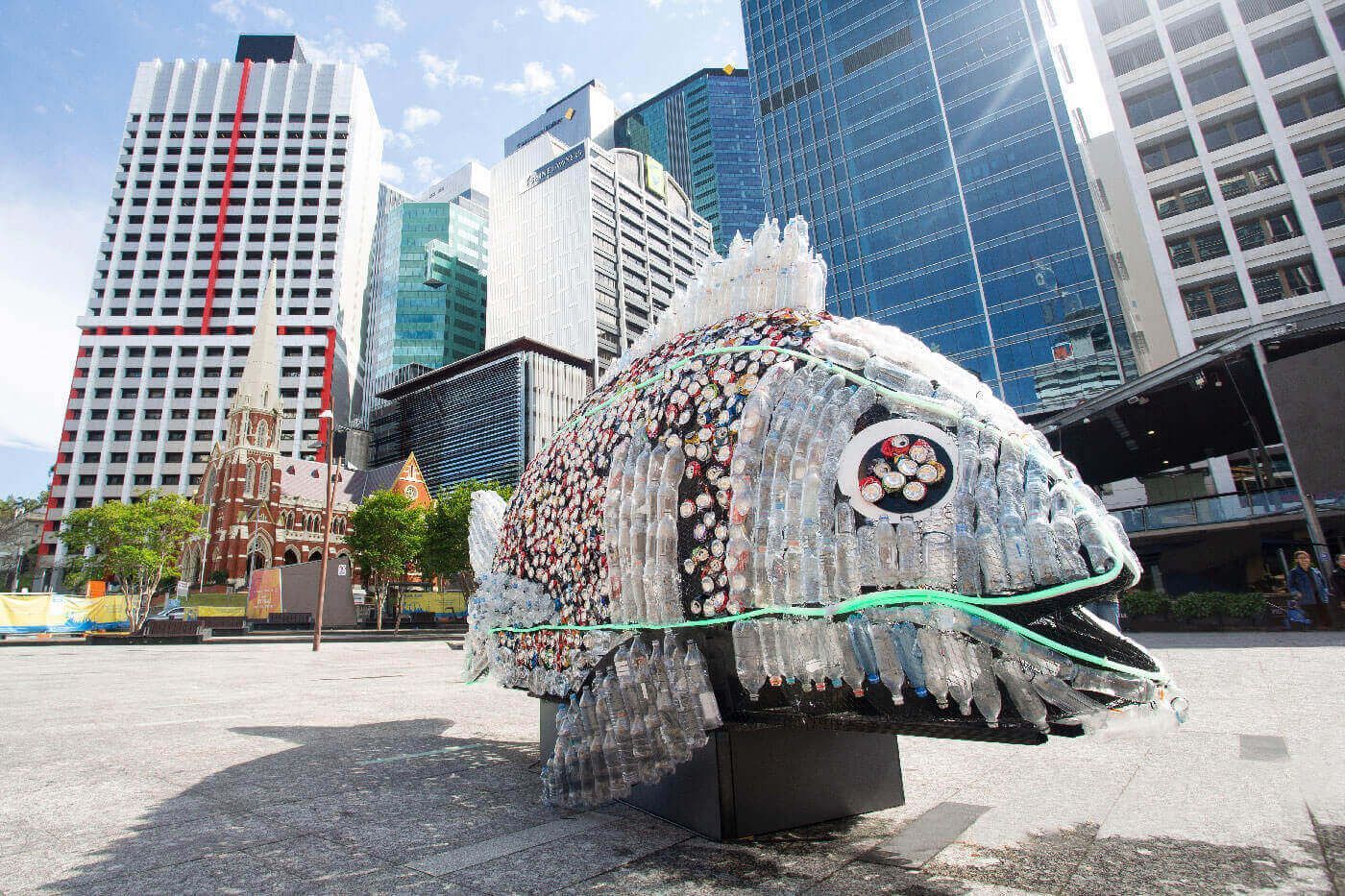How Unconscious Bias Affects Your Hiring Process (And What To Do About It)
Have you ever hired someone based on a good feeling about them - even if you couldn’t explain why they are the best person for the job?
Are you naturally drawn to people who have similar experiences or opinions to you?
Are you comfortable making decisions based on ‘gut instinct’?
Most people would answer ‘yes’ to at least one of these questions - because we’re all human.
What is unconscious bias?
Unconscious bias are learned stereotypes that are automatic, unintentional and able to influence our behaviour and thinking. These learned stereotypes can have a significant impact on our thinking and decision making. In a workplace context, unconscious bias can impact the employee experience, organisational culture and overall performance.
It’s very important for hiring managers to understand how unconscious bias can impact the recruitment process. Aside from the obvious impact on equality and fairness, biased hiring decisions result in less diverse teams.
The importance of diversity in the workplace can not be underestimated. Research shows that diverse teams are more productive, motivated, creative and engaged. Diversity and inclusion have been shown to improve business and organisational performance.
5 common unconscious biases
First impression bias
While first impressions are important - you can’t judge a book by its cover.
First impression bias happens when a candidate looks and sounds great - and makes a great first impression.
Because of this positive first impression, we automatically assume they are great - and this can affect our recruitment and selection process.
The halo effect
The halo effect sees us focus our attention on one great aspect of a candidate that positively influences everything else we observe about them.
The ‘halo’ could be how they communicate, an exceptional skill set in one particular area, a previous job with a blue-chip brand like Apple or Google, or the latest qualification relevant to the role.
The horns effect
The horns effect happens when our judgement is impacted by one ‘bad’ or negative thing about a candidate.
It could be how they present themselves or speak, something they say during the interview or something about their employment history.
It’s always important to look at the bigger picture and not let the horns effect cloud your judgement.
Affinity bias
Affinity is an essential part of human nature - we are naturally drawn to people who are like us. The affinity bias causes us to see similar people in a positive light.
This is where hiring managers and recruitment professionals need to be extra diligent with hiring for ‘cultural fit’. Cultural ‘fit’ doesn’t mean hiring people who are similar to you and the rest of your team. Affinity bias can have a negative impact on diversity.
Some examples of affinity bias to look out for include:
- You studied at the same university as the candidate
- You worked at the same company as the candidate
- You share hobbies, interests or life experiences with the candidate
Affinity bias can mean we place too much importance on the things we have in common with the candidate which can make us less diligent during the recruitment and selection process.
Confirmation bias
Confirmation bias is a tendency to interpret new information or evidence as confirmation of your existing beliefs.
In an interview context, this bias influences us to only seek information that supports our assumptions or beliefs about a candidate. When we are affected by confirmation bias, we tend to:
- Not listen deeply
- Stop probing for more information, examples or explanation
- Skip or move on from crucial interview questions
- Undervalue or ignore information that might conflict with our assumptions or beliefs.
How to avoid unconscious bias
Left unchecked, each of these biases can impact the recruitment and selection process.
It’s important to understand that unconscious biases are deeply ingrained, which makes it difficult to recognise and overcome. Here are some tips to help you.
Accept. We are all human, no one is perfect - we all have biases.
Be aware. Understand that these biases exist so you can begin to be aware of when they come into play in your interviews and recruitment process. Look for evidence. During an interview, focus on the evidence that is presented to you (not what you’re expecting or hoping to find).
Recruit in a team. Interviewing with one or more colleagues is a great way to avoid bias. If you don’t share the same affinity biases with your colleagues, you’re likely to have more diverse impressions and opinions of the candidates you’re considering.
Challenge yourself. If you recognise that bias is affecting you, talk to one of your colleagues about it. Having a sense-check with someone is a great way to build awareness and ensure you don’t make a biased hiring decision.
Take your time. Try not to make quick judgements about people. Look at the bigger picture and don’t allow yourself to skip interview questions - stick to your interview plan.








